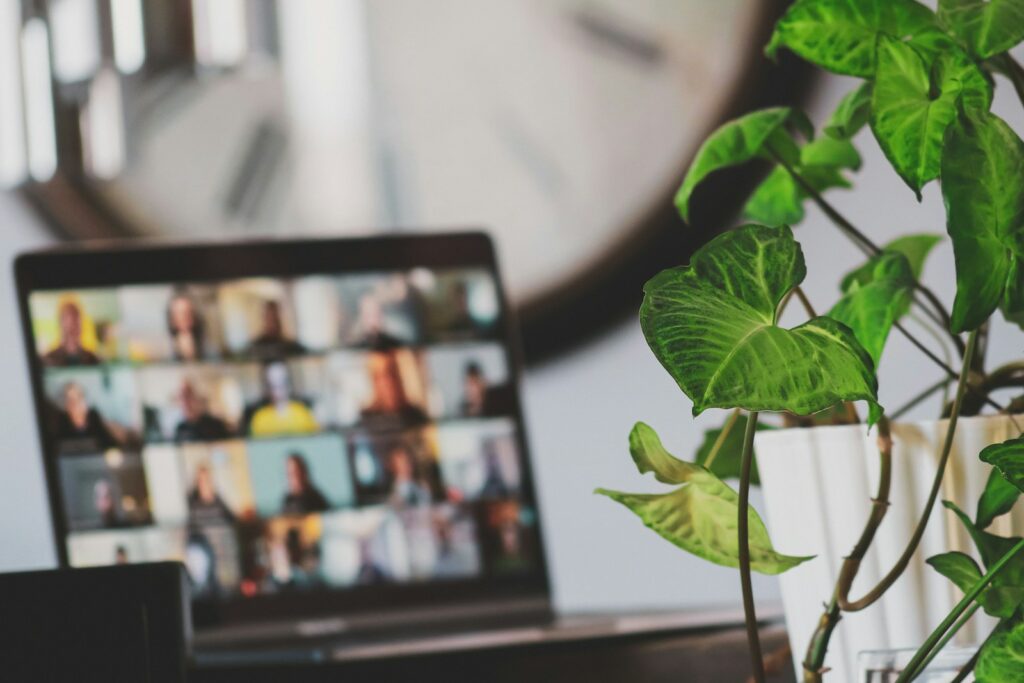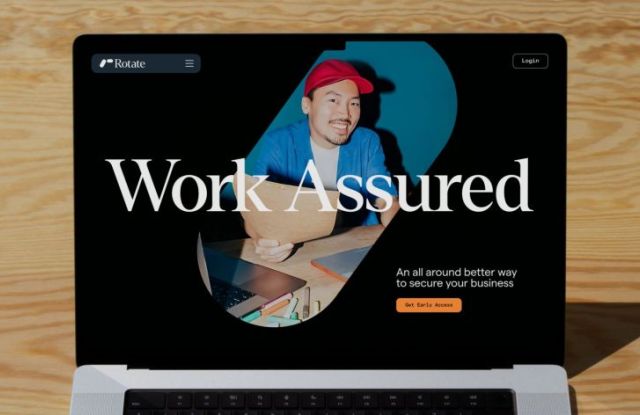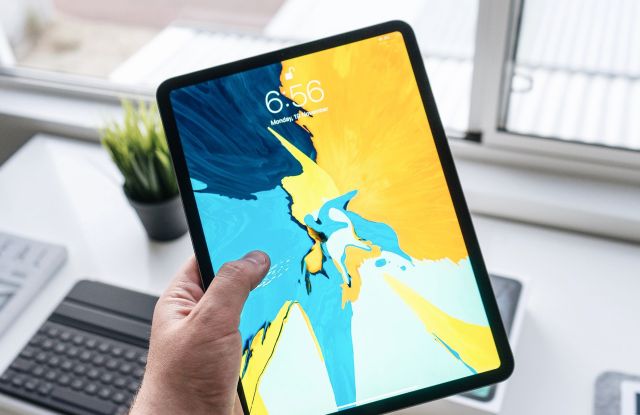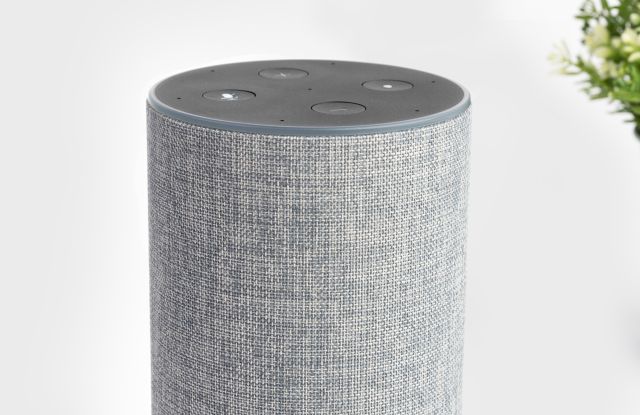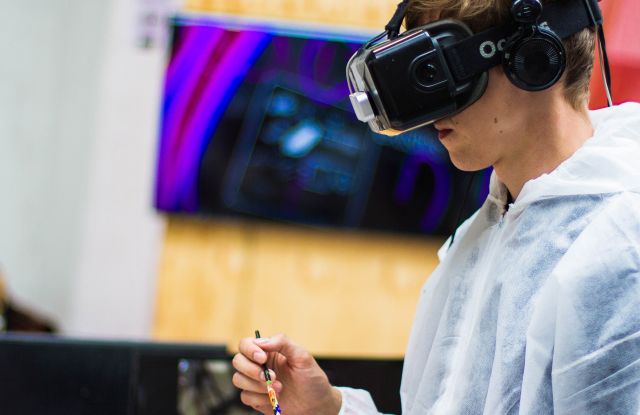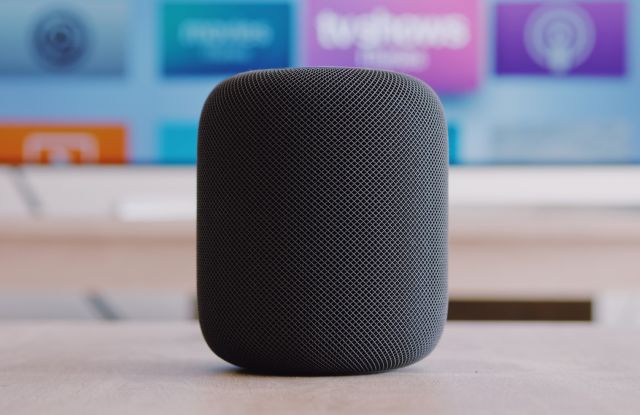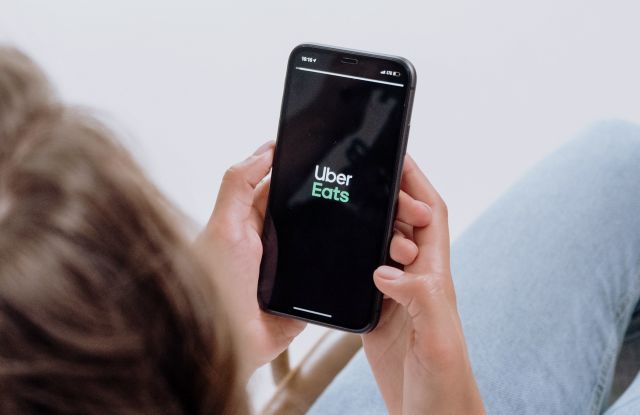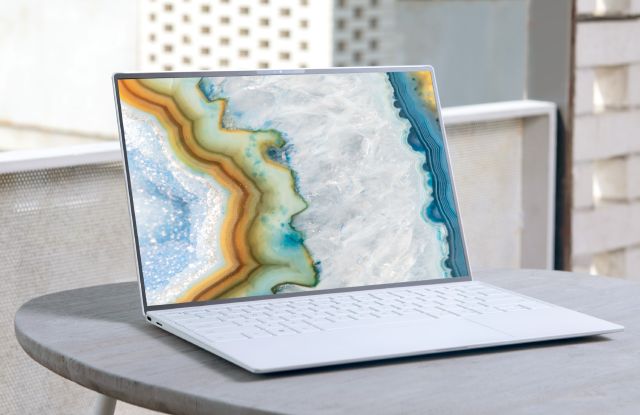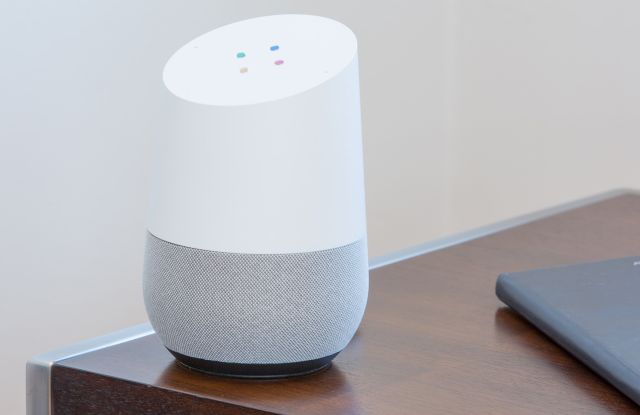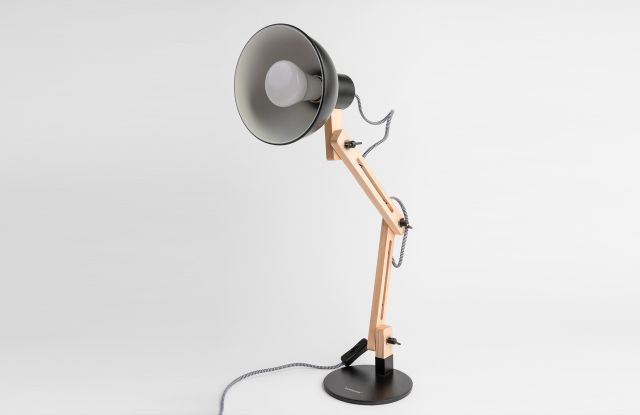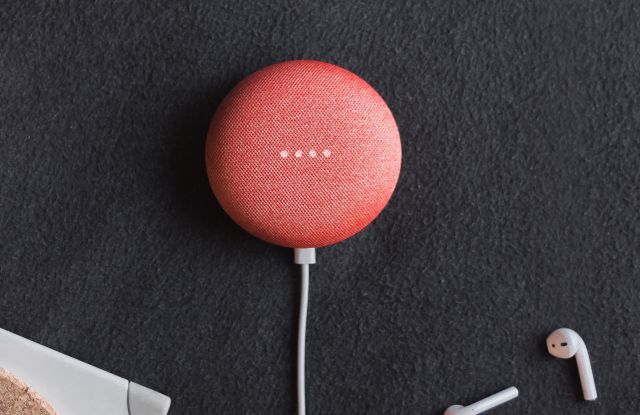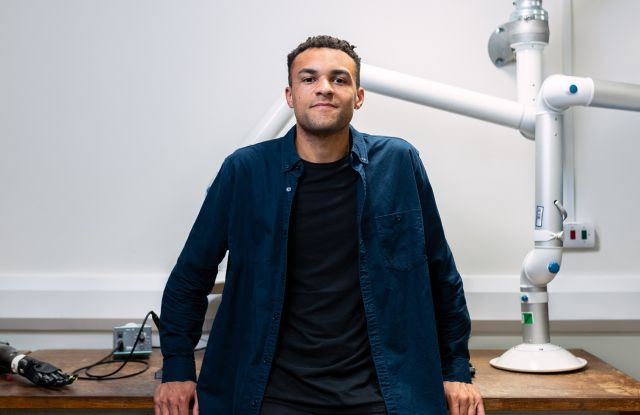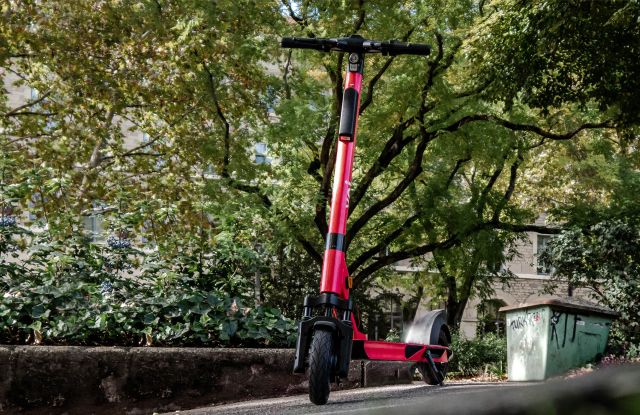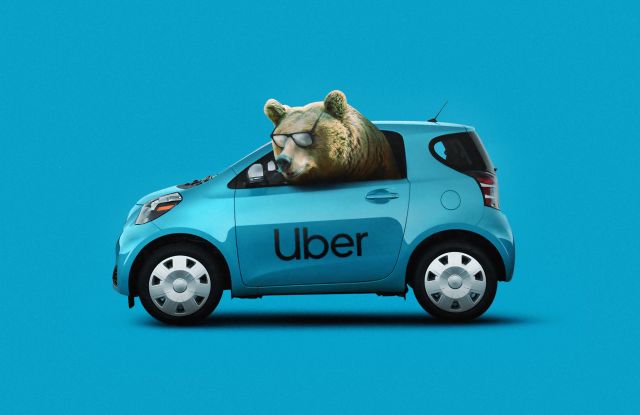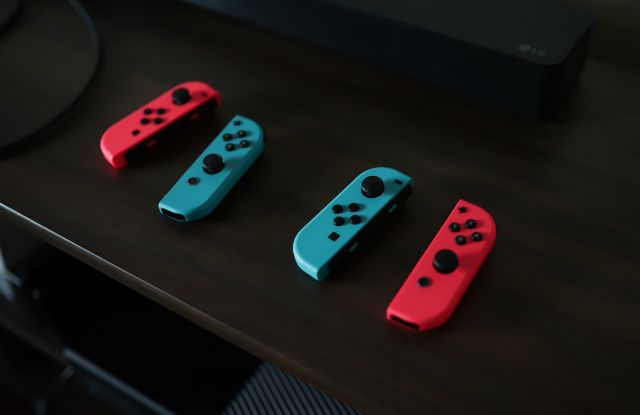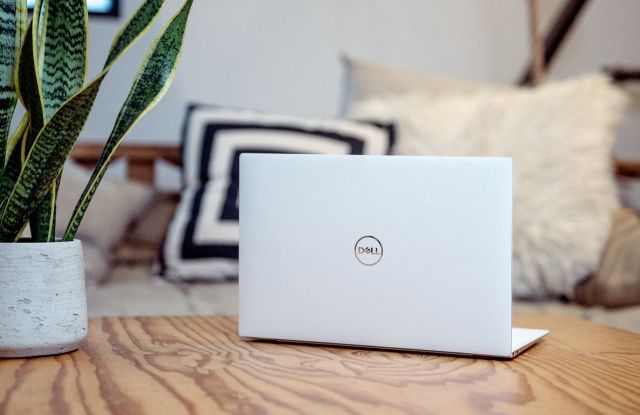
Remote work: Return to office is ‘fighting a losing war,’ says Expensify CEO

For the past six months, employees at the tech company Expensify in San Francisco have had a special in-office perk: an upscale lounge offering them free specialty cocktails and other drinks. The lounge is due to close on November 1 after running an experiment to see if it could bring workers back to the office voluntarily. The CEO of Expensify concluded that the answer was mostly no.
For the past six months, employees at the tech company Expensify in San Francisco have had a special in-office perk: an upscale lounge offering them free specialty cocktails and other drinks. From its 16th-floor office, workers could enjoy champagne or a draft beer while collaborating in a restaurant-style booth or working on laptops at the bar. But the lounge is due to close on November 1. The point, CEO David Barrett explained in a blog post on Wednesday, was to run an experiment.
Founded 15 years ago, the $215 million market-cap Expensify, which sells an expense-reporting app, was a remote-first company well before the pandemic. It even has an offshore program, in which employees can work abroad together for a few weeks every year. But with COVID forcing millions of people to work from home, Barrett wrote, ‘we recognized that we were living through a transformational time for the rest of the market, and decided to fix up one of our offices and run a little experiment around a very simple question: Can anything bring workers back to the office voluntarily?’ The answer, he concluded, was mostly no: ‘In practice, the lounge was a place that people would generally visit, marvel at, work for a bit, and leave.’ Based on the experiment, he believes that employees at other companies currently working in the office ‘are likely going because they feel pressured to (either by their boss or their peers), not because it’s actually their preferred place to be.’
Barrett believes there’s still a place for offices, but as a society ‘we’re just never going back to a regular nine-to-five office culture, a staple of not just our modern culture, but also the foundation of most urban planning.’ Companies now insisting that employees return to the office might want to reconsider, Barrett suggested: ‘If the best office in the entire planet can’t compete with the local coffee shop, the tightly closed Pandora’s box of ‘work from anywhere’ has burst open, and will never be resealed. No amount of begging or coercion is going to work in the long run: The businesses that demand it are fighting a losing war of attrition against an infinite universal energy.’
But he noted that Expensify did derive a few other benefits from the lounge experiment, such as using it as a laboratory to test new products and impressing possible clients. As Barrett wrote, ‘It was an incredible brand experience: Despite how lavish it seemed, from a cost perspective it was orders of magnitude cheaper to fix someone a cocktail in our own bar than to try to talk to that same potential customer at a conference booth.’
